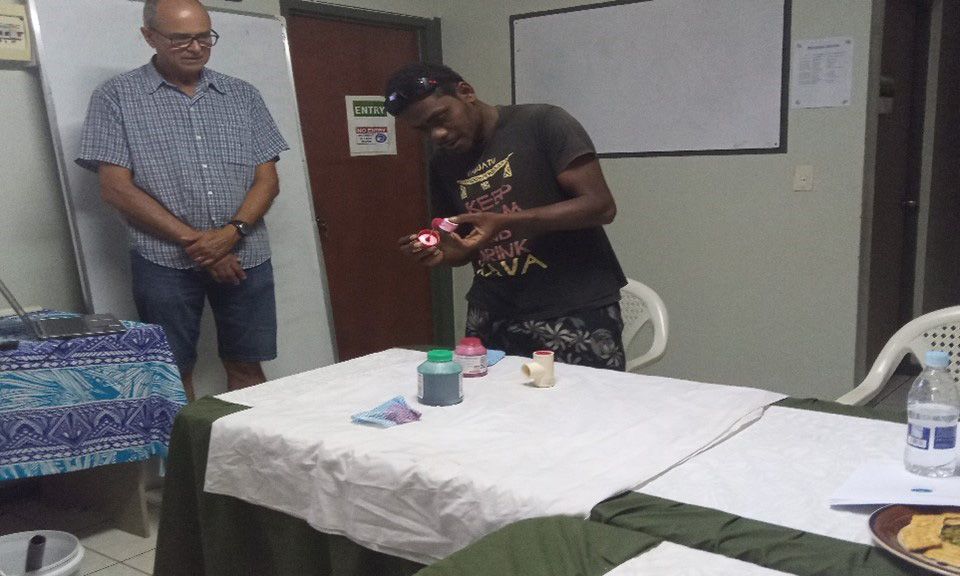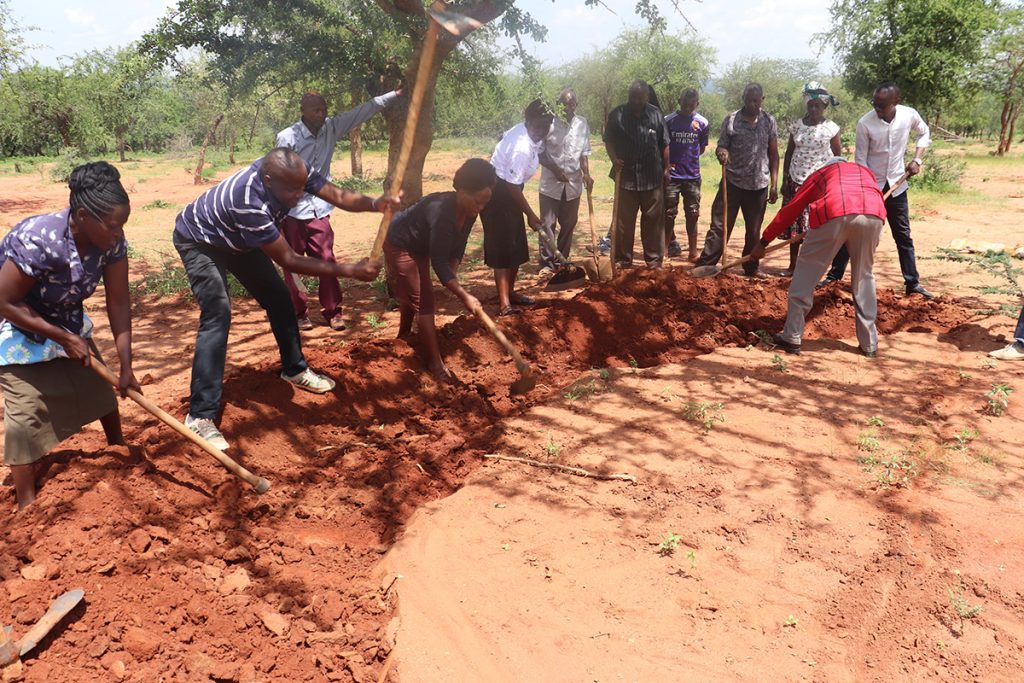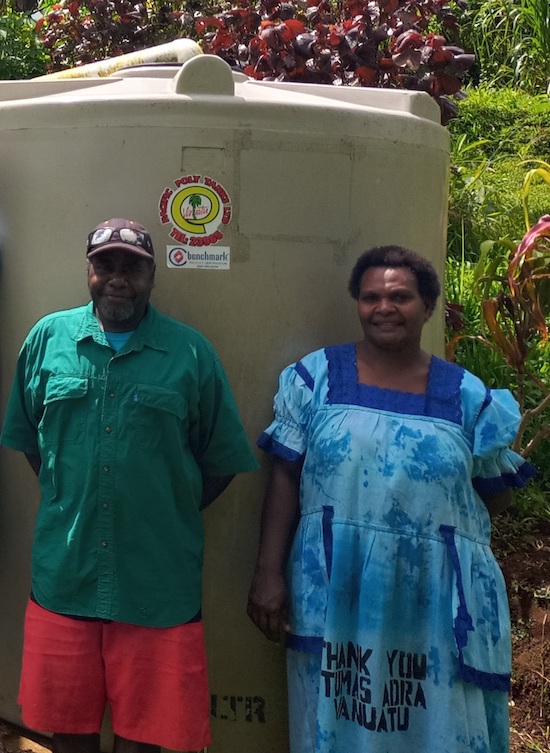Anglican Church of Melanesia (ACOM)
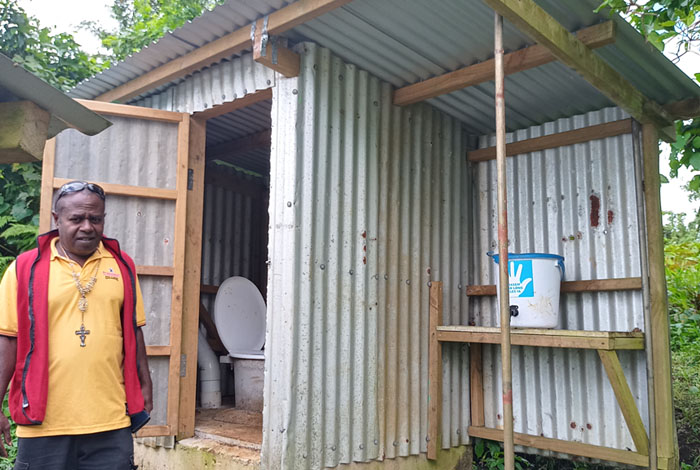
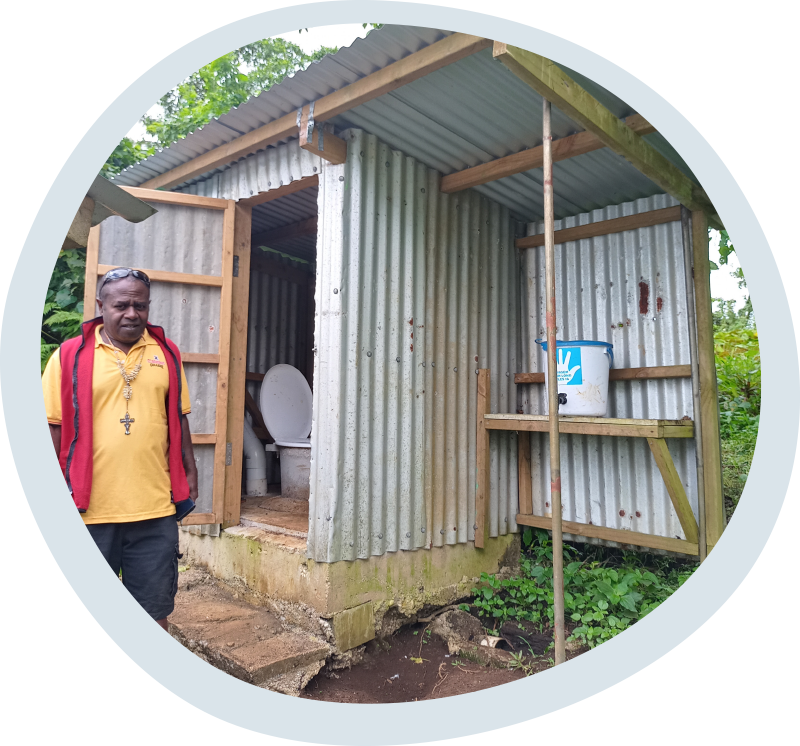
The Solomon Islands
The Solomon Islands are a beautiful archipelago in the South Pacific Ocean, to the east of Papua New Guinea.
Lush tropical rainforest engulfs many of these islands, and adventure-seeking tourists come to explore extinct volcanos, snorkel the pristine coral reefs, or investigate the many WWII wrecks scattered through the jungle and sea.
For the 600,000 people who call the Solomon Islands their home, however, there are many challenges living in this tropical oasis.
Climate change is having a tangible impact on the natural environment, increasing the frequency of severe cyclones and strong storm surges. Rising sea levels have already claimed six of the islands, forcing inhabitants to abandon their homes and seek refuge on neighbouring lands and have led to inundation of gardens and communities (including even burial sites) on other islands. With 5,313 km of coastline throughout the country, this phenomenon appears as an ever-present risk for the majority of Solomon Islanders, a fact that is often expressed to newcomers with the utmost gravity.
With the growing strain on livelihoods from depleted fish stocks, deforestation, and the salinization of arable land, an increasing number of young people are moving to the capital city of Honiara. Despite optimistic hopes for stable work and decent income on the main island, many are disappointed when they arrive. Two-thirds of the population live in conditions of vulnerable employment. About one-quarter of the population lives below the country’s official poverty line.
An estimated 15% of people in the Solomon Islands live with a disability. People with disabilities are even more vulnerable to the impact of natural disasters and the many challenges of poverty.
Vanuatu
Scattered over 1,000 kilometres of the Coral Sea, the 83-island archipelago is home to 270,400 people, the vast majority of whom live in rural areas outside the capital city of Port Vila. On these remote islands, subsistence farming and fishing are often the only ways to survive, and there are few services providing health, education, water, or electricity.
The United Nation has ranked Vanuatu as the world’s most at-risk country in terms of vulnerability to natural disasters and ability to recover, and it experiences frequent cyclones along with earthquakes, tsunamis, and volcanic eruptions.
As the country is made up of many low-lying islands, it is also feeling the effects of climate change, with rising sea levels causing land and water degradation. With only 68% of the population engaged in the formal economy, these challenges are placing an enormous strain on rural families trying to meet their own basic needs.
Our Partner
ABM AID partners with the Anglican Church of Melanesia (ACOM) in both the Solomon Islands and Vanuatu. The church has eight dioceses in the Solomon Islands, one covering Northern Vanuatu and two covering Vanuatu and New Caledonia. In the Solomon Islands, the Anglican Church is the largest Christian denomination and comprises 32% of the people in that country. Approximately 83% of Ni-Vanuatu identify as Christian, of which Anglicans constitute approximately 15%. Through its seven dioceses, the reach of ACOM throughout the whole of the Solomon Islands is extensive. Its two Vanuatu dioceses also have extensive reach, especially in the three northern provinces of Penama, Sanma, and Torba.
ABM has a long history with the Anglican Church of Melanesia. In fact, the first activity of the newly created “Australasian Board of Missions” in 1850, was to fund the construction of a boat to support the work of the Melanesian Mission. This boat was commissioned in 1857 and named the Southern Cross. In 2024 the tenth “Southern Cross” was launched in the Solomon Islands. This boat continues in the wake of its forebears to carry out ACOM’s mission.
The Work We Support
1. Climate Change and Disaster Management in the Solomon Islands
In the Solomon Islands, AID partners with ACOM to address the urgent issues of disaster preparedness and adaptation to climate change, including strengthening community resilience and collecting climate change data. Strengthening community resilience includes tree planting and sea wall construction along coasts to protect against rising seas, demonstration gardens to promote food security, and community awareness raising sessions on hygiene (accompanied by water tank installation), disaster preparedness and positive parenting. Collecting climate change data includes measuring sea levels, rainfall, and temperatures in communities around the country.
Brother Richard SSF at La Verna Anglican Franciscan Friary, Hautambu, in West Guadalcanal is responsible for the daily climate observatory readings at the Friary. He explained: “Freda [from ACOM] came out here, and set up the rain gauge for measuring the rainfall. We record the rainfall each day and the temperature at 12.30pm. Former Brother Noel at the farm records the sea level each day. The farm is closer to the sea. Freda gave us the book to write down the numbers, and record the temperature and rainfall each day. When we complete the book we will give it back to Freda [for analysis].
“Climate change affects the environment. Here, we can see the sea level rises. The forest changes and the animals in the forest. We see the changes in the streams in the bush – no longer good water in them. Because the plants are being destroyed, and the rainfall getting smaller. There are longer dry times. It’s been three weeks since the last heavy rainfall.”
Another brother noted, “Just after Brother Richard gave this interview, Hautambu received heavy rain – very much appreciated by the water tanks, the frogs and the brothers too!”
Brother Worrick added, “[We are] planting trees and coconut trees along the beach as awareness, a reminder to the islanders and coastal villages to be active in the fight against sea rise caused by climate change, and protect our land from washing out by strong tide.”
2. WASH and Literacy and Numeracy in Vanuatu
In Vanuatu, ABM AID supports the church in responding to some of the most pressing needs of the population. This work includes Literacy and Numeracy education as well as WASH (building Water and Sanitation infrastructure, and conducting Hygiene training), particularly focused on communities in the country’s rural north.
ACOM says of its WASH program, “ACOM-V expects to see changes in people’s behaviour towards promoting a clean environment, clean homes and improved hygiene practices, including new learning to enhance people’s lives despite their remoteness.
“It is not that people do not understand the importance of hygiene practices. They do understand … but it is a matter of people not realising their potential to utilize their existing resources and create their own ways of improvement.
“The common challenge faced by communities is access to water, and people are expecting the government to provide for them but do not realize [they have] the existing resources to build their own water facilities.
“People in communities have come to realise the importance of ensuring behaviour changes. Our program’s informal ways of delivering messages have effectively changed the behaviour of people of all ages. Our use of participatory role plays, which target behaviour issues, is fun and effective. It helps people realise their own ways of improvement.
“Therefore, we can see changes of behaviour at the family and community level.”
How You Can Help
Your support is important in enabling this work to continue, helping families and communities prepare for disasters, meeting the challenges of climate change, accessing literacy and numeracy training, and enjoying clean, safe water, sanitation and hygiene.
- $250 can provide refresher training for a group of literacy and numeracy teachers,
- $200 can provide hygiene and awareness training in one community.
- $200 can provide disaster preparedness and response training in one community.
- $50 can provide cement for the floor of one toilet or bathroom (for a community facility or a vulnerable household), or the base of a water tank, including transport costs.
- $40 can provide tools and seeds for backyard gardening (for a community demonstration plot or a vulnerable household).
Your support drives these life-changing programs, building stronger, healthier, and more climate-resilient communities for generations to come. Join us in addressing the urgent climate and development challenges in the Pacific.
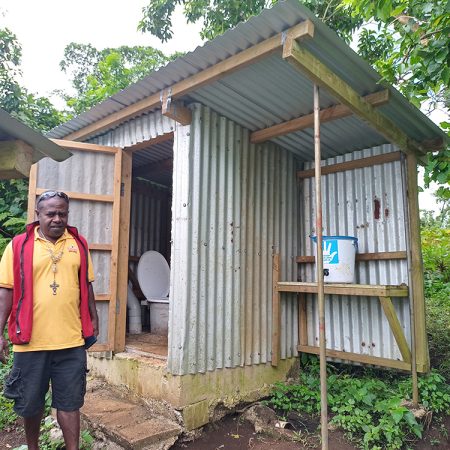
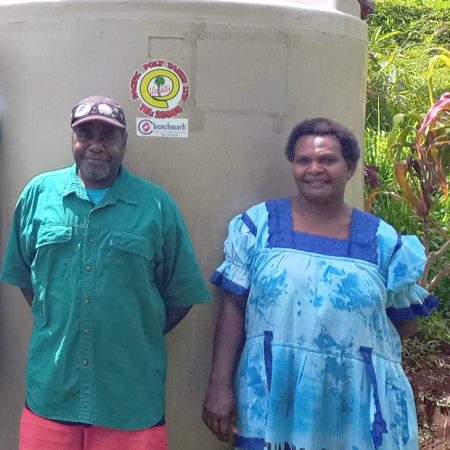
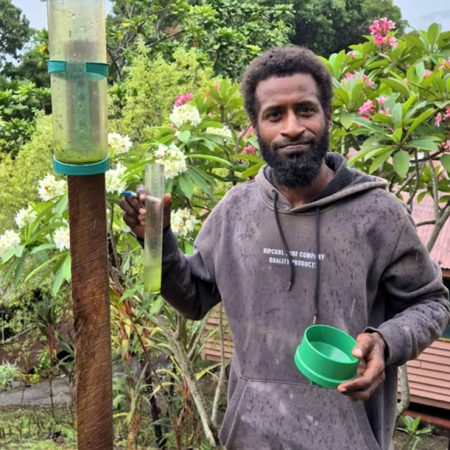
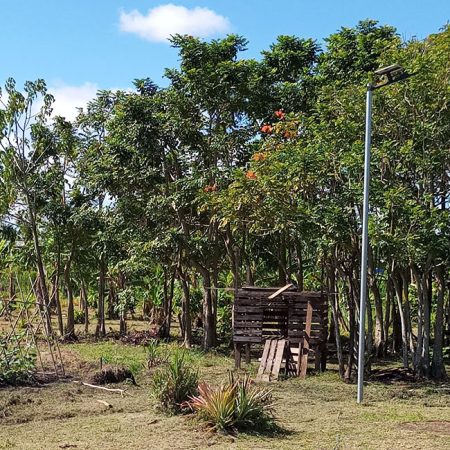
Prayer
for our Partner
Bless the climate change and disaster management work so that the degradation of land and sea can be limited.
May the work to create a clean environment, clean homes and improved hygiene practices be successful, and may literacy and numeracy open minds and doors for those acquiring these essential skills.
Hear this prayer for your love’s sake.
Amen.
We hope to raise
$115,000
for this partner
Donation code: XG011
Tax-deductible
Donate Online Now
Your support drives these life-changing programs, building stronger, healthier, and more climate-resilient communities for generations to come. Join us in addressing the urgent climate and development challenges in the Pacific.
Click here for other donation options
Need help? Call us 1300 302 663
As noted, this is a tax-deductible project. All donations are in Australian dollars (AUD) and all gifts of $2 or more are tax-deductible. Gifts are received by the trustee for the ‘Anglicans in Development Ltd’ ABN 86 647 293 481 Gifts will be applied to the support of projects selected. In the unlikely event of projects being oversubscribed or not proceeding to completion, donations will be applied to similar projects.
Updates
ACOM Volunteers a Key Asset to Programs and Communities in Vanuatu
By volunteering with ACOM Vanuatu, Brown not only helps implement two vital community development programs, he also passes on his knowledge and skills to his community.
AID’s Partners Take Seriously the Fifth Mark of Mission
As the Season of Creation approaches, you can read how AID’s partners in Kenya, the Philippines, Myanmar and the Solomon Islands are caring for creation in their parts of the world.
Toilets and water tanks – and a battle with cyclones in Vanuatu
During a recent visit to Vanuatu, ABM AID found both the Anglican Church of Melanesia and the local communities quickly rose to the challenges posed by the numerous cyclones that are a regular feature of life for our Pacific neighbour.
